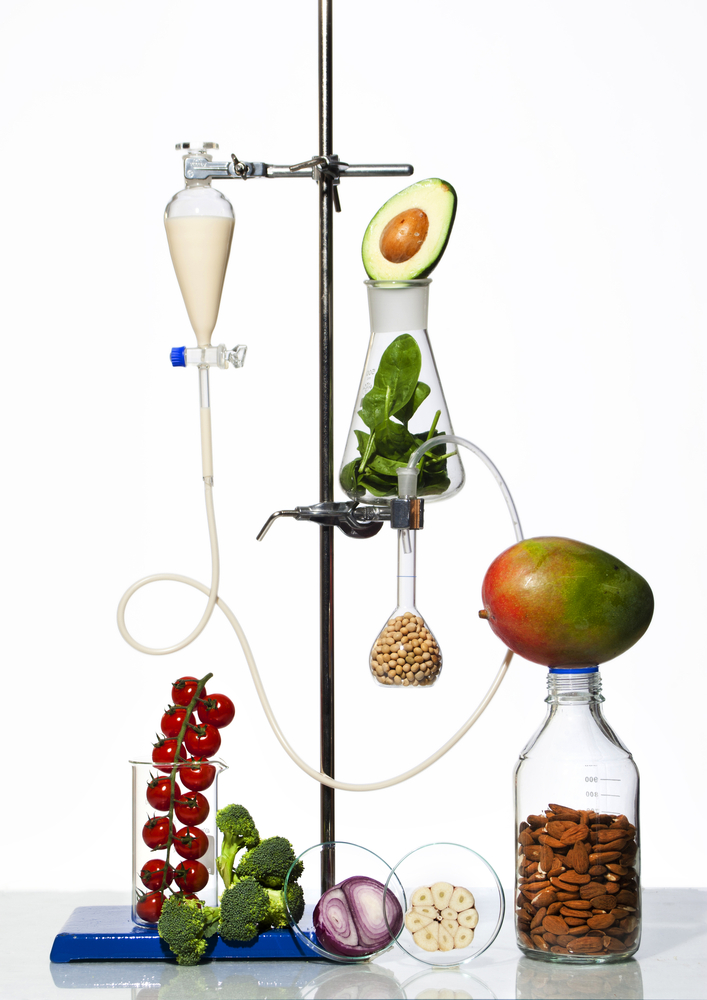Thank you all for listening in to my mini Nutrition talk on immune health. Please see below for the summary
It’s that time of the year again. Children are going back to school; the weather is changing and we start to see those coughs and colds appearing (as well as the elephant in the room). So, lets talk about immune health!

Healthy diet and lifestyle programme
We all know that when we get too stressed, drink too much or don’t get enough sleep it can make you feel more susceptible to illness. So, you won’t be surprised when I say a structured stress management, exercise and food plan and maintaining optimal micronutrient status. Simply put a healthy lifestyle may help prevent disease recurrence and decrease susceptibility to infection.
In a recent randomised control trial (RCT) titled: The Effect of a Multivitamin and Mineral Supplement on Immune Function in Healthy Older Adults: A Double-Blind, Randomized, Controlled Trial (Fantacone et al. 2020). This RCT compared the effects of supplementation with a multivitamin formula compared to a placebo for 12 weeks. The measures of interest were blood mineral and vitamin status, immune function, immune status, and self-reported health status. Multivitamin supplementation showed an improved blood vitamin C and zinc status. Furthermore, the multivitamin group saw a reduction in severity and duration of infection, but no change in incidence rate.
Health Claims
European Food Safety Authority (EFSA) created a set of rules based on nutrition and health claims that have been established since July 2007. This regulation is the legal framework used by food business operators when they want to highlight the beneficial effects of their products, in relation to health and nutrition, on the product label or in its advertising. A health claim is any statement about a relationship between food and health. EFSA authorises health claims providing they are backed with scientific evidence and are easily understood by consumers.
Types of health claims:
“function health” claims relating to the growth, development and functions of the body, referring to psychological or behavioural functions or on slimming or weight control
“risk reduction” claims, such as lowering cholesterol or heart disease
Below authorised EFSA health claims
Zinc contributes to the normal function of the immune system
Vitamin D contributes to the normal function of the immune system
Vitamin C contributes to the normal function of the immune system
Support natural immune processes with Zinc, Vitamin C and D. Zinc and vitamin C are amongst the most critical nutrients in healthy immunity both are involved in wound healing, immune balance and boost resistance to infection. Vitamin D is important for a healthy immune system and may also reduce the incidence of infections.
Worryingly according to the National Diet and Nutrition Survey year 1-9 of the rolling programme. There was a significant average yearly reduction in zinc intake across age groups. Whilst across all age / sex groups, Vitamin D was lowest in January to March. Vitamin D was also below the threshold in 19% of children aged 4 to 10 years, 37% aged 11 to 18 years and 29% of adults. This data about vitamin D accentuate the need for seasonal vitamin D supplementation.

What is an NRV and why is it important?
NRV is an abbreviation of ‘Nutrient Reference Value’. NRV’s are set for 13 vitamins and 14 minerals for the purposes of food labelling and are EU guidance levels on the daily amount of vitamin or mineral that the average healthy person needs to prevent deficiency. Food supplement labels list the ingredients included in the product and give the proportion of the NRV value (% NRV) that is contained within the supplement e.g.
- Vitamin C, 80mg, 100% NRV. (1000mg)
- Zinc 10mg, 100% NRV. (25mg (SUL*))
- Vitamin D (Cholecalciferol) 10ug (UK Department of Health recommended intake level) (25ug (GL**))
*UK daily Safe Upper Levels (SUL)
**Guidance Levels (GL))
Potential Herbal Support (not below age 12)

Echinacea
Echinacea is thought to support the immune system by activating white blood cells.
may also increase production of interferon, an important part of the body’s response to viral infections. A few double-blind studies have confirmed the benefit of echinacea for treating colds and flu. People should not take echinacea if they have an autoimmune illness, such as lupus, or other progressive diseases, such as: tuberculosis, multiple sclerosis or HIV infection.
When You Have a Cold: Potential Symptom management
- Target: Relieve cough symptoms: Vitamin C and quercetin have demonstrated anti-histamine properties, and bromelain is known to be anti-inflammatory.
- Target: Clear nasal congestion and infection: NAC is known to have mucolytic properties. It works in the sinus and nasal passage to assist in breaking up thick mucous, along with supporting the immune system
- Certain foods tend to generate more mucous than others and so are best avoided during a cold, Remove: dairy, bananas, eggs, sugar, white wheat flour, saturated fats, cold drinks:
Thank you for reading. Please do not make any changes to the way you eat or take a food supplement without consulting a trained health professional.
Regards
Fiona Waring
Dip Nut, BSc.(Hons), MSc PHN, ANutr
Nutritional Therapist
M: +44 07957 267 964
eatyourgreens@fionawaring.com
‘Registered with the Association for Nutrition – www.associationfornutrition.org
Protecting the public and promoting high standards in evidence-based science and professional practice of nutrition.’
